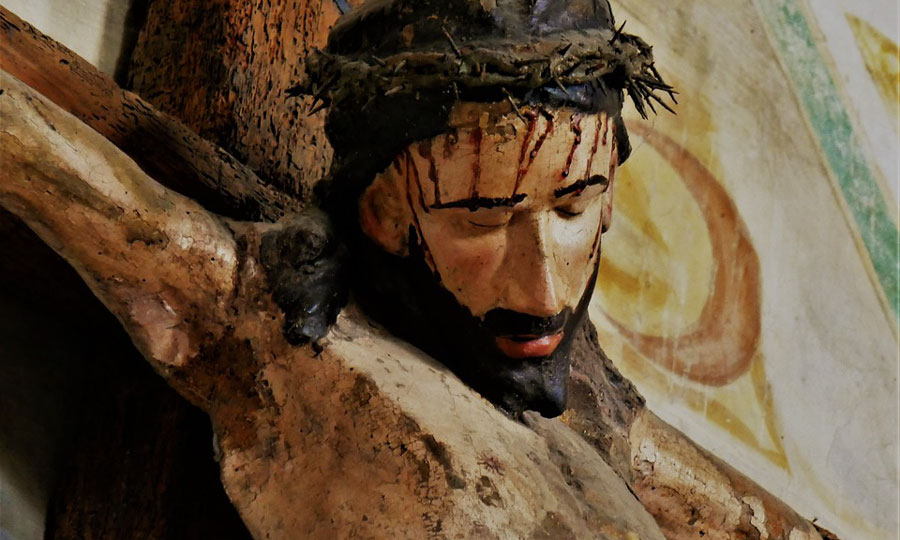
BAYSIDE, NY – I received a Master of Divinity degree in Biblical Studies, Greek, Latin, and Hebrew in 1973 from Princeton Theological Seminary and my theological studies over the passage of time have intensified my desire to help make the world a more just and equal place and a better place. I see today for some but not all a distorted and mean-spirited view of Christianity dominating the media outlets.
Jesus of Nazareth, or Jesus Christ,
continues to intrigue all sectors of society, all peoples, all races, both rich
and not so rich, and, most particularly, the underclass and poor. In an age
that emphasizes money, materialism, outright greed, and admiration for the rich
and powerful, he offers an alternative.
Yet Jesus is an enigmatic and troubling figure. For many people in the world, he is seen as a kind of general love figure, the ultimate nice guy. He is what the world wants to see in other people: niceness, tolerance, humanity, and kindness. Far from solely being concerned with being loving, and nice to people, however, Jesus is the ultimate disturber. One might see him as an advocate of the underclass. Perhaps one could see Jesus as a socialist or communist since in the gospels he seems to make a point of associating with and advocating for the poor and working class.
Jesus is the beginning point of
advocating a new world order system without class, economic, race, or sex
divisions. Jesus is the ultimate litigator. But his litigation is for the poverty-stricken,
and the underclass. Jesus was himself a working man, a carpenter, and he spent
his entire life with working people or even less. He himself walked about with
a group of working men, one a tax collector, and some fisherman, working
miracles and making observations of the working class for the most part. Jesus
is criticized as consorting with undesirable people, or, better and more
exactly put, tax collectors and sinners. Perhaps today, Jesus might be seen as
a labor organizer or community organizer opposing the forces of government and
wealth.
Jesus did not respect or admire wealth
or power. Quite to the contrary, he says the poor or humble, and the poor in spirit,
are blessed and that in future years they will be the ruling class replacing
the present oligarchs and plutocrats. Jesus approached Jerusalem as a King but rode
on a donkey with a somewhat disheveled appearance before the crowds. He was
tried and executed as a criminal and died beside criminals. He forgave a
criminal beside him on the cross and told him on that day he would be with him
in paradise. (skinclinic.es) When a woman was caught in adultery and stood condemned, he
forgave her and told her to sin no more. He tells us to love not merely people
who are attractive, friendly, and nice to us, but to love even our enemies.
Jesus stands before all the world as
the advocate and litigator for the poverty-stricken of society and its fringe
members. He tells the world it is wrong in the value it sets on the rich,
famous, and successful, and in attachment to them. Jesus advocates and
litigates for what the world sees as the bottom of society and tells the world
that he will raise the poor up from their poverty to the greatness he says they
deserve. Jesus litigates for a world without division, without dominance, without
distinctions of class, wealth, or economic status. Jesus is the ultimate
advocate for those whom the world concedes of no value and no importance, for
those whom the country clubs and mansions of the world exclude. He is the
litigator for the 98% who are presently powerless before the forces of the
world.
This essay is taken with alterations from the Journal “Counterpunch,” April 20, 2011 and reprinted from Chapter 9 of my book “Essays on Faith, Politics, Culture, and Philosophy,” pub. by the University Press of America, pp 24-25, 2016.



Comments are closed.